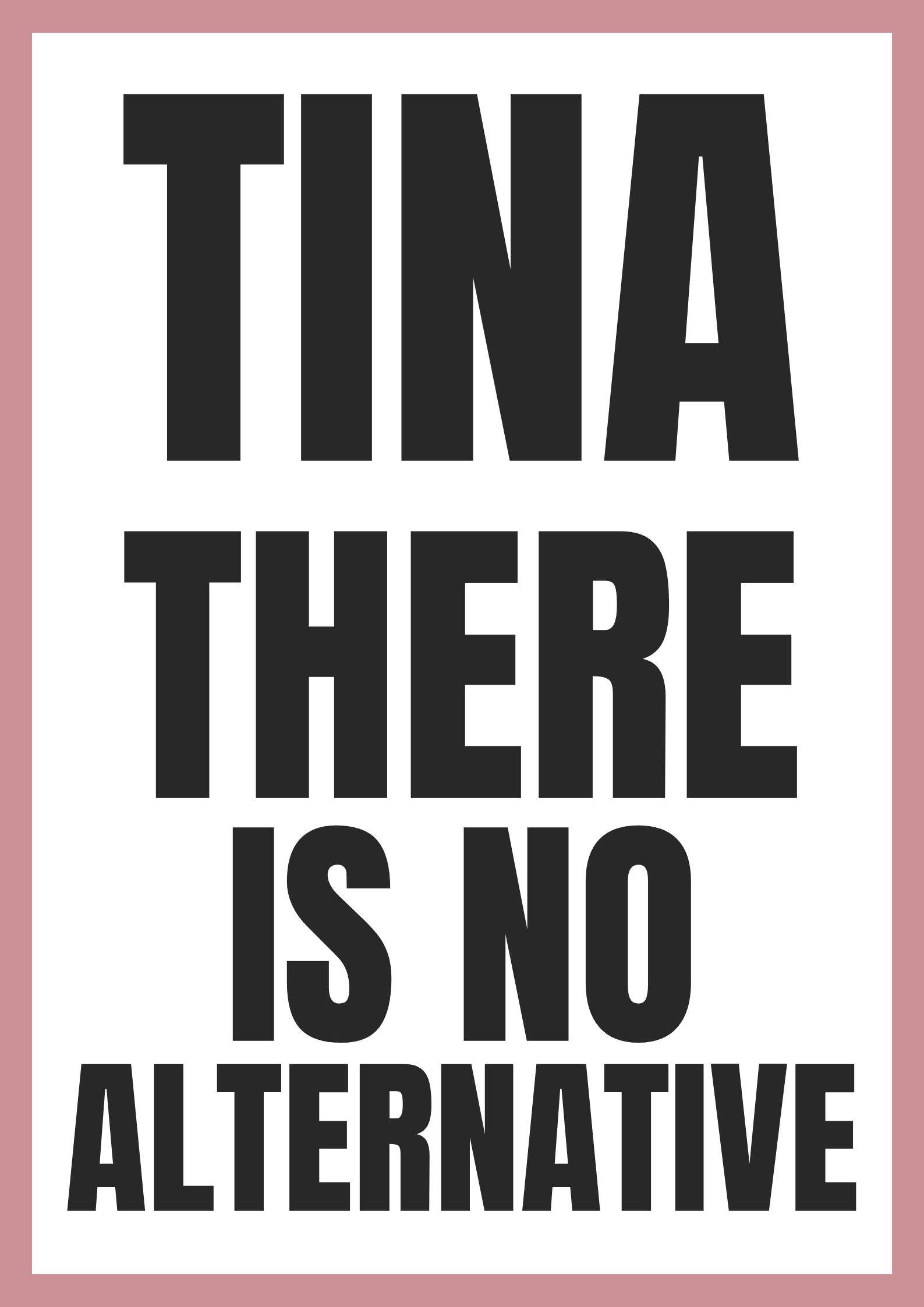World’s Problems
“The major problems in the world are the result of the difference between how nature works and the way people think.”
— Gregory Bateson, Quoted in “An Ecology of Mind”
“The major problems in the world are the result of the difference between how nature works and the way people think.”
— Gregory Bateson, Quoted in “An Ecology of Mind”
This being human is a guest house.
Every morning a new arrival.
A joy, a depression, a meanness,
some momentary awareness comes
as an unexpected visitor.
Welcome and entertain them all!
Even if they’re a crowd of sorrows,
who violently sweep your house
empty of its furniture,
still, treat each guest honorably.
He may be clearing you out
for some new delight.
The dark thought, the shame, the malice,
meet them at the door laughing,
and invite them in.
Be grateful for whoever comes,
because each has been sent
as a guide from beyond.
— Rumi (Translation by Coleman Barks? Not sure.)
This is a short story from “When Things Fall Apart” by Pema Chodron, as narrated by by Chris Goto Jones in the course De-Mystifying Mindfulness.
“Once, there was a young warrior. Her teacher told her that she had to do battle with fear. She didn’t want to do that. Fear seemed too aggressive. It was scary. It seemed unfriendly. But the teacher said she had to do it and gave her the instructions for the battle. The day arrived. The student warrior stood on one side and fear stood on the other. The warrior was feeling very small and fear was looking big and wrathful. They both had their weapons ready. The young warrior aroused herself and went toward fear and she asked, “May I have permission to go into battle with you?” Fear said, “Thank you for showing me so much respect that you ask permission.” Then the young warrior said, “How can I defeat you?” Fear replied, “My weapons are, I talk very fast and I get very close to your face. If you don’t do what I tell you, I have no power. You can listen to me. You can have respect for me. You can even be convinced by me. But if you do not do what I say, then I have no power.” In that way, the student warrior learned how to defeat fear.”
There is No Alternative
“Technological efficiency is opposite to Ecological efficiency.”
— Debal Deb